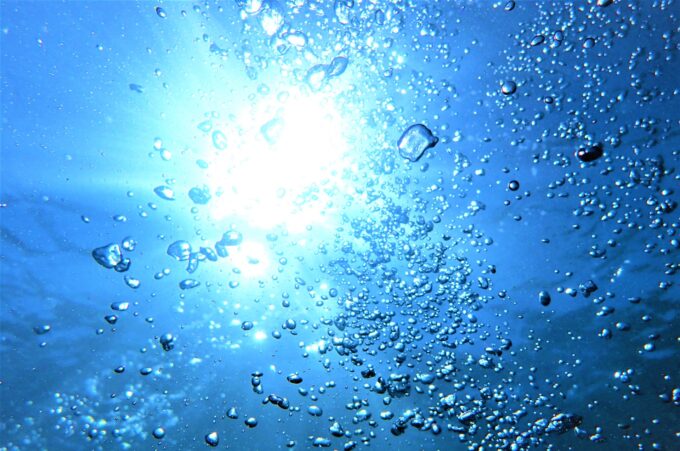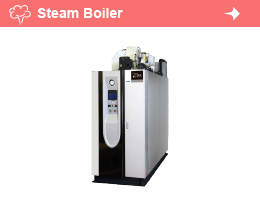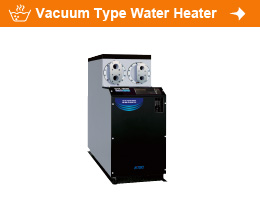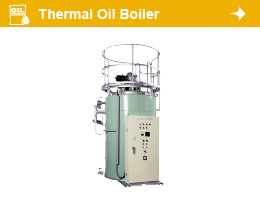The Necessity of Water Treatment in Boilers
Even in countries and regions where high-quality water is readily available, boiler malfunctions and accidents caused by water quality issues are surprisingly common. Why does this happen? The answer lies in the fact that no matter how good the water is, it is never pure. Water naturally contains dissolved minerals such as calcium, magnesium, and chloride ions, as well as gases like oxygen and carbon dioxide. These substances, even in low concentrations, can compromise the purity of water and are collectively referred to as “impurities.” When such water is used in boilers, these impurities can lead to serious operational issues.

Boiler problems caused by water impurities typically manifest in three ways: scale formation, corrosion, and carryover. The challenge is that these issues are often difficult to detect from the outside. For instance, scale buildup on the inner surfaces of a boiler or the onset of corrosion cannot be easily observed without internal inspection. Often, these problems go unnoticed until the boiler sustains significant damage or begins to leak, at which point it may be too late to prevent costly repairs or accidents.
The Three Major Boiler Issues Caused by Water Impurities
- Scale Formation
Scale is the result of dissolved minerals in water precipitating and adhering to heat transfer surfaces. As scale accumulates, it acts as an insulating layer, reducing the boiler’s efficiency and increasing fuel consumption. In severe cases, it can lead to overheating and even boiler failure. - Corrosion
Corrosion occurs when iron in the boiler material reacts with oxygen and other corrosive elements in the water, forming oxides. This can lead to pitting (localized deep corrosion) or general corrosion, both of which weaken the boiler structure and can render it unsafe for use. - Carryover
Carryover refers to the phenomenon where dissolved substances in the boiler water are carried over into the steam. This can lead to reduced efficiency and potential damage to downstream equipment.
The Role of Water Treatment in Boiler Maintenance
The primary goal of boiler water treatment is to prevent these three issues: scale formation, corrosion, and carryover. Effective water treatment involves removing or neutralizing impurities in the water before it enters the boiler. This can be achieved through various methods, such as chemical treatment, ion exchange, and deaeration. By implementing proper water treatment practices, boiler operators can enhance efficiency, extend equipment lifespan, and most importantly, ensure safety.
For more information on water treatment in boilers, please feel free to contact us.




